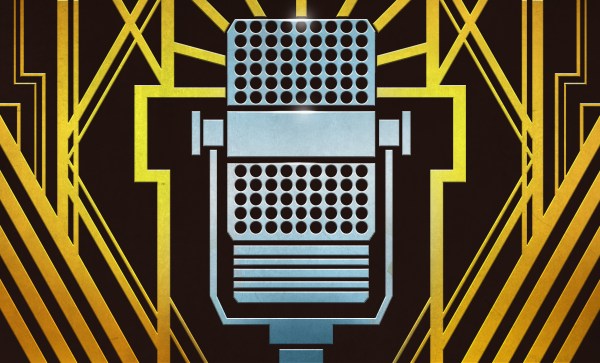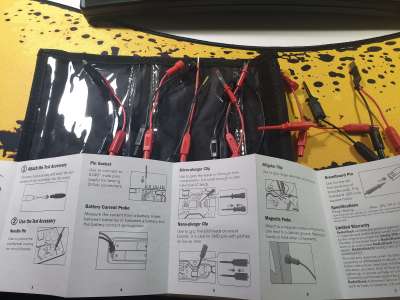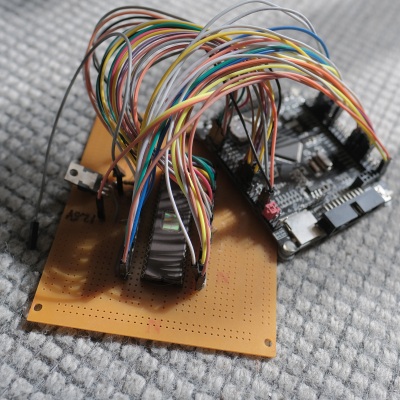This week, it was Kristina’s turn in the hot seat with Editor-in-Chief Elliot Williams. First up in the news: Germany’s solar and wind power generation have resulted in excess energy, which some people think is bad. In Hackaday news, the entries in the 2024 Business Card Challenge are really stacking up.
Then it’s on to What’s That Sound, which Kristina provided this week and managed to stump Elliot. Can you get it? Can you figure it out? Can you guess what’s making that sound? If you can, and your number comes up, you get a special Hackaday Podcast t-shirt.
Then it’s on to the hacks, beginning with an improved spectrometer that wasn’t easy, and a rotary phone kitchen timer that kind of was. We’ll talk about badges turned invitations, reinventing rotary switches, and dynamic button blobs. Finally, we get the lowdown on the state of nuclear fusion, and posit why chatting online isn’t what it used to be.
Check out the links below if you want to follow along, and as always, tell us what you think about this episode in the comments!













